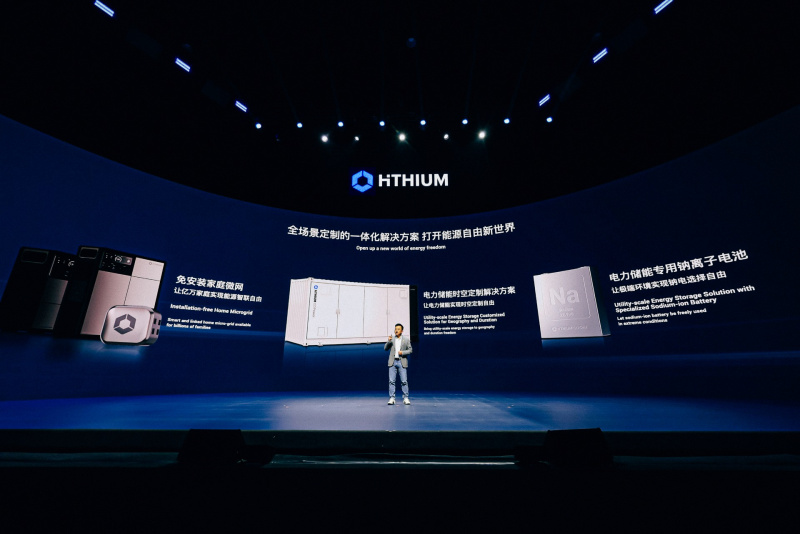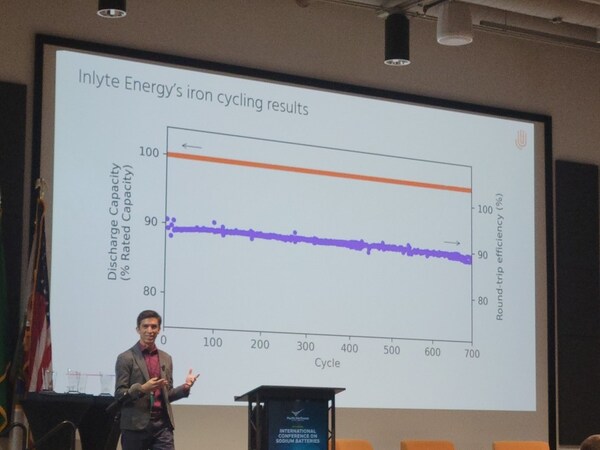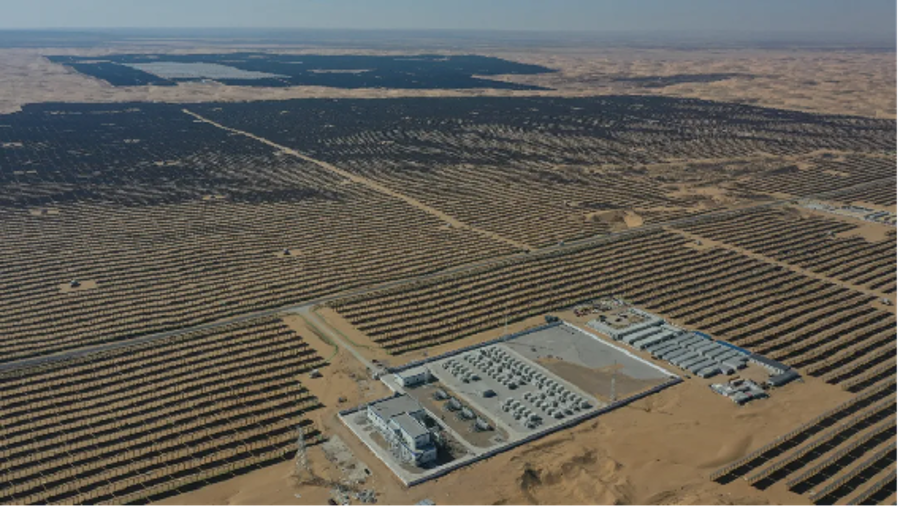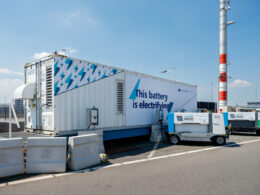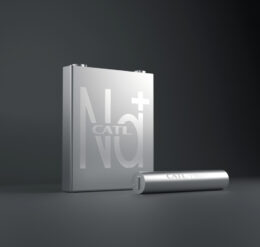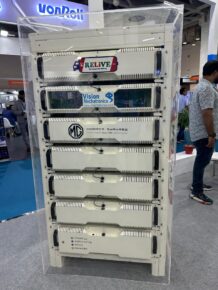EV charging microgrid project powered by lead batteries
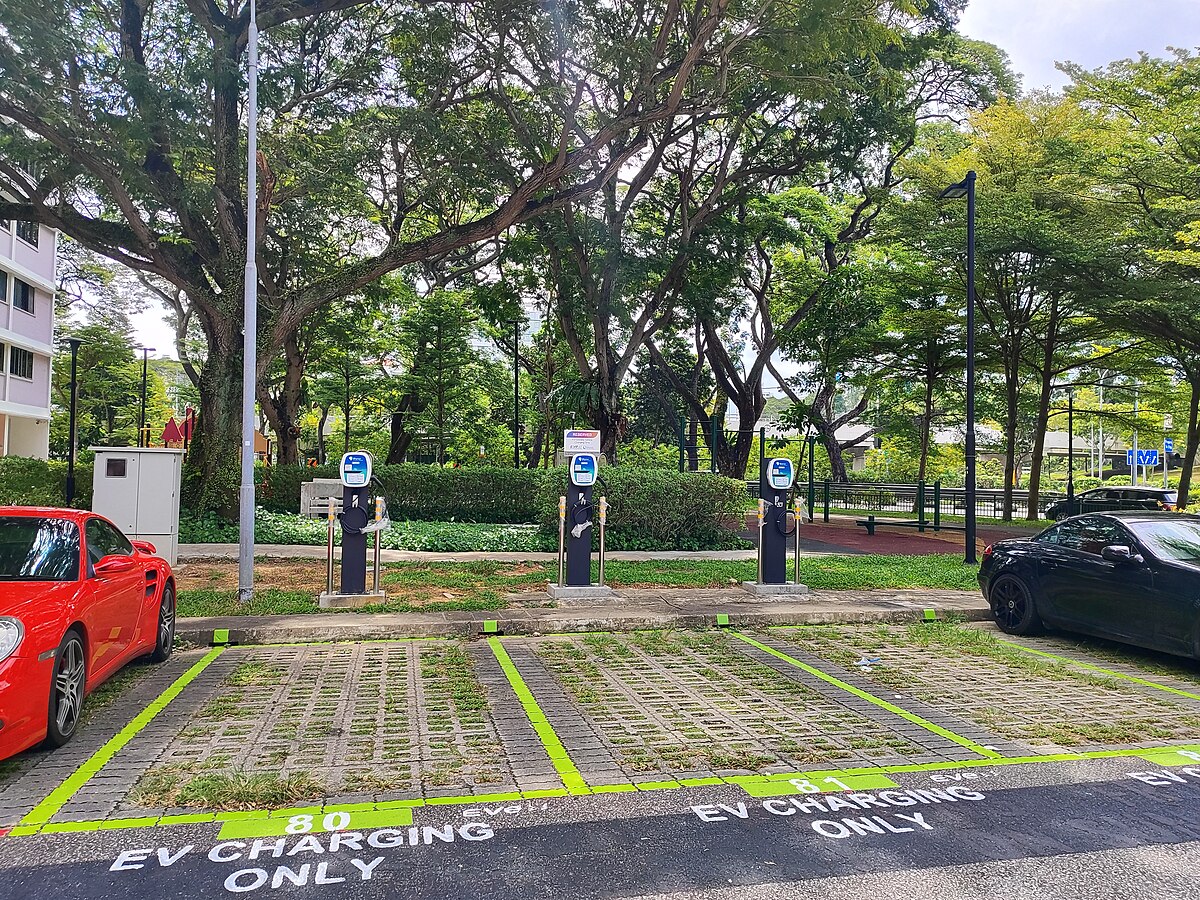
Battery manufacturer GS Yuasa has teamed up with Siemens and United States-based energy utility Ameren on an innovative managed electric vehicle (EV) charging and microgrid platform.
The energy storage system is powered by stationary lead-acid batteries, with solar panels soon-to-be integrated. The 1MWh microgrid includes GS Yuasa’s advanced nano-carbon lead batteries capable of more than 5,000 cycles, alongside battery management and power conversion systems housed in containers onsite.
The EV chargers can pull energy from the electric grid, the stationary lead battery and the solar panels as required.
According to GS Yuasa’s Vice-President of Sales and Marketing, Bill Cunningham, the energy storage system “can be adopted virtually anywhere” thanks to the batteries’ reliability, cost-effectiveness, and performance.
The system is currently located at Ameren’s campus in St. Louis, Missouri, where it is being used to power the utility’s EV fleet. If it continues to be safe and reliable, the companies will look into expanding it across the US, where the demand for EV charging solutions is extremely high.
It has been backed by the Consortium for Battery Innovation (CBI), with that organization’s Director of Technology Matt Raiford describing it as “potentially game-changing for EV charging in the United States.”
The developers also claim the system is the first of its kind in the US, and they hope it can eventually be used as a model to improve access to charging facilities for EV operators. Ameren’s Director of Innovation Implementation and Strategy Alex Rojas said the system has “far-reaching implications for economic development and industry advancement.”
“The system’s ability to address relevant business and operational needs, such as fire safety, energy resiliency, demand charge management and demand response offers a compelling value proposition,” he added.




